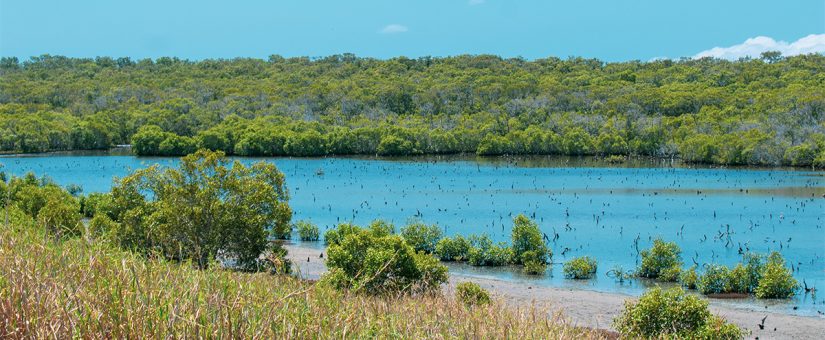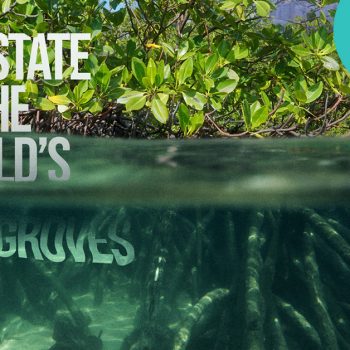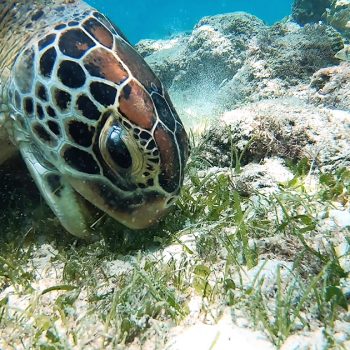
Predicting coastal ecological futures in an era of unprecedented change
- Posted by Natasha Watson
- On August 11, 2021
By Dr Chris Brown
We are entering a new era of science where ecosystem change is uncharted by historical observations. Observations are the foundation of predictive science, so how can we predict a future that is outside the envelope of the environments?
This is the question I will address in a new 2021 Australian Research Council Future Fellowship. Specifically, I will focus on predicting future change for coastal ecosystems.
Humanities footprint on the Earth’s ecosystem has never been greater. The oceans are increasingly being industrialized, and climate change means the footprint of human economic activity now touches even the most remote ecosystems.
Coastal ecosystems exemplify the challenges we face in managing our growing impacts. Coasts are the thin line on which much of the human population and industrial activity rests. This human activity places great pressures on coastal ecosystems, and in many places, we are losing species and the ecological functions that support human livelihoods, like fisheries.
Predicting the future for coastal ecosystems is critical for creating a sustainable relationship between humanity and nature. Ecological predictions allow us to identify options for better managing our relationship with ecosystems. Reliable predictions are needed to help managers mitigate the risks of future human activities to the environment.
In this four-year fellowship I will lead a team to develop new modelling techniques for predicting ecosystem change. Critically, I will show how we can define the limits of prediction by studying our ability to predict change in environments that have never been seen. These predictions will help us transition to a sustainable relationship with coastal ecosystems.
PhD applications are now open.




0 Comments